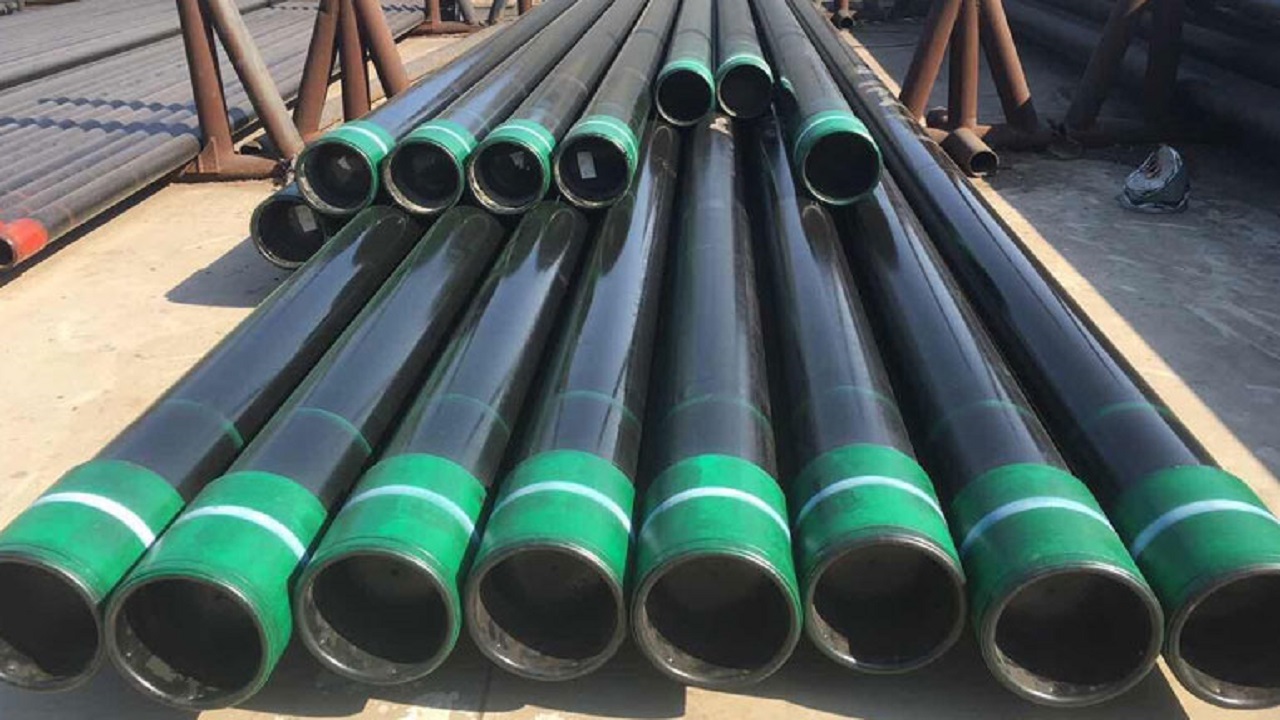In the realm of industrial infrastructure, the significance of API 5CT steel pipes, particularly in the form of api 5ct tubing, cannot be overstated. These specialized pipes play a pivotal role in various industrial applications, ranging from oil and gas exploration to the transportation of fluids in challenging environments. Understanding their importance and unique characteristics sheds light on their widespread use and essential role in modern industrial processes.
What is API 5CT Tubing?
API 5CT tubing refers to a specific grade of steel pipes that comply with the standards set by the American Petroleum Institute (API). These pipes are designed to withstand the demanding conditions encountered in oil and gas extraction and processing. The "5CT" designation signifies adherence to API Specification 5CT, which outlines the technical requirements for casing and tubing used in oil wells.
Key Characteristics and Specifications
API 5CT tubing is manufactured to stringent specifications to ensure durability, reliability, and performance in challenging environments. These pipes are typically made from carbon or alloy steel and undergo rigorous quality control measures to meet API standards. Key characteristics of API 5CT tubing include high tensile strength, resistance to corrosion and abrasion, and suitability for use in sour (H2S-containing) environments.
Applications in Oil and Gas Industry
One of the primary applications of API 5CT tubing is in the oil and gas industry. These pipes serve multiple purposes, including:
Downhole Tubing
API 5CT tubing is used as downhole tubing in oil and gas wells to convey fluids such as crude oil, natural gas, and drilling mud from the reservoir to the surface. Its durability and resistance to corrosion make it well-suited for prolonged exposure to harsh downhole conditions.
Casing Strings
In addition to tubing, API 5CT steel pipes are also used as casing strings, providing structural support and preventing the collapse of the wellbore during drilling and production operations. The high strength and integrity of API 5CT casing ensure the stability and integrity of the well.
Completion Equipment
API 5CT tubing is integral to the completion process in oil and gas wells, facilitating the installation of downhole equipment such as pumps, packers, and production tubing. Its compatibility with various completion components makes it an essential component of well construction and operation.
Other Industrial Applications
Beyond the oil and gas sector, API 5CT steel pipes find application in various industrial settings, including:
Geothermal Energy
API 5CT tubing is used in geothermal energy production, where high-temperature and corrosive environments demand robust materials capable of withstanding extreme conditions.
Mining and Minerals
In mining operations, API 5CT pipes are employed for dewatering, slurry transport, and ventilation systems, where their strength and resistance to abrasion ensure reliable performance in rugged mining environments.
Construction and Infrastructure
API 5CT tubing is utilized in construction projects for piling, foundation support, and underground utilities, where its strength and durability are essential for long-term structural integrity.
Conclusion
In conclusion, API 5CT steel pipes, particularly in the form of API 5CT tubing, play a vital role in a wide range of industrial applications. Their exceptional strength, corrosion resistance, and suitability for harsh environments make them indispensable components in the oil and gas industry, as well as in sectors such as geothermal energy, mining, and construction. Understanding the significance of API 5CT tubing underscores its critical role in modern industrial infrastructure and underscores the importance of adherence to stringent quality standards to ensure safety, reliability, and performance.

